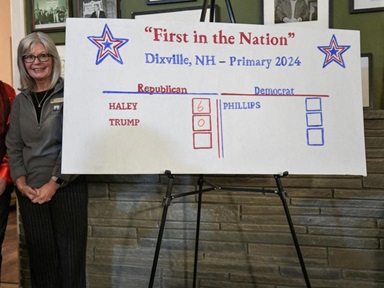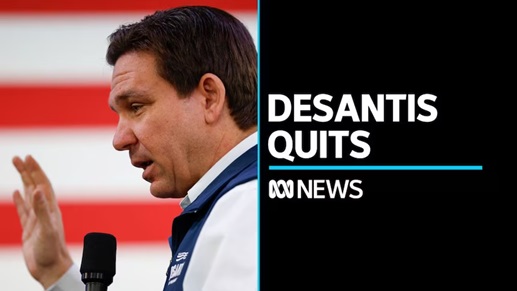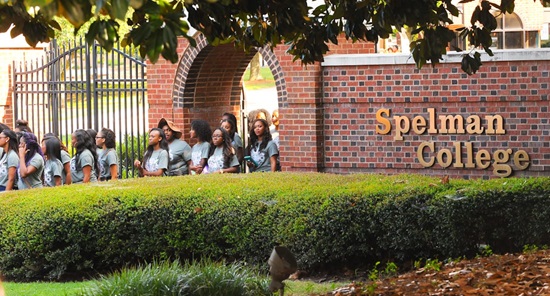
Dear Commons Community,
Winter this year has started off with particularly cold temperature especially across the Midwest.. In Chicago, a cold weather phenomenon known as frost quakes, which make loud booming sounds and unleash small earthquake-like tremors, were felt during this week’s bout of below-zero temperatures.
Illinois state climatologist Trent Ford said there was no formal reporting system for frost quakes, which occur after a sudden freezing of the ground, but he had seen and heard reports of the phenomenon on social media. He’s also experienced some frost quakes, officially known as cryoseism, in the past. As reported by CNN.
“It sort of sounds like somebody is either snapping a very large branch off a tree or maybe popping very large bubble wrap. It’s not quite gunfire, but it’s sort of like that, and it can be that loud,” Ford said.
“The shaking is less common,” he added. “Those can be like small earthquakes, not nearly to the extent of where pictures fall off the wall.”
Frost quakes can be unsettling, especially if people aren’t aware of them, but they don’t pose any real danger, Ford added. In extreme cases, they can cause damage to roads or building foundations, but that’s rare.

Where and how frost quakes occur
The phenomenon isn’t unique to the US Midwest; frost quakes have also been reported in New England, Canada and parts of Scandinavia. They can happen in rural or urban areas.
Frost quakes typically occur under a certain set of winter conditions, Ford said — after a wet, rainy period and when there’s little snow, which has an insulating effect, on the ground. How common the quakes are is unclear since there isn’t much research on them yet.
“What we need is for the soil to be nearly saturated with water so that there’s very little airspace to fill,” he said. “And then you need a rapid freeze.”
Once the soil is frozen, it acts like a different material. It becomes more solid, not shrinking and swelling as it normally would.
“That water in the soil freezes and expands … within the soil and essentially cracks or fractures the (frozen) soil almost like a rock. So it’s that fracturing that makes (the) popping and booming sound.”
Frost quakes caught the attention of Andrew Leung, a Climate Lab researcher at the University of Toronto Scarborough, when he heard what sounded like the noise of falling trees after an ice storm in December 2013. He went online to tweet about it and saw that others in southern Ontario had experienced something similar.
“I was surprised that many others around Toronto reported similar sounds being heard,” Leung said. “I felt that fallen trees might not be the best explanation for such noise.”
Leung went on to investigate the phenomenon as part of his doctorate and published a paper on frost quakes in the journal Citizen Empowered Mapping in 2017.
Using social media posts and climate data analysis, he mapped frost quakes in Ontario and neighboring regions in 2013 and 2014. Leung identified two frost quake clusters and the first known frost quakes in three Canadian provinces and seven US states, according to his thesis.
“Since temperature typically drops at night, frost quakes are most frequently reported at night or overnight, sometimes being mistaken as a burglar breaking into the house,” he said.
While networks have been set up to study and detect earthquakes, frost quakes are too localized and infrequent to monitor systematically, making social media reports particularly valuable in this instance, he said.
In northern Finland, a string of relatively strong frost quakes in the city of Oulu generated concern after the seismic phenomenon damaged a house in 2016 and ruptured roads that year and again in 2021.
During the winter of 2022 and 2023, a team of Finnish researchers installed two networks of seismic instruments, one in Oulu, and one farther north in Sodankylä, to investigate further. The scientists shared preliminary data from their study late last year.
They were able to identify the frost quakes in the seismic data they collected because the wave form is distinctive, said Kari Moisio, a senior researcher at the University of Oulu and one of the authors of the study, which he said would publish in a scientific journal soon. The team also tracked soil temperature over the course of the study.
The researchers detected 11 frost quakes in the site near Oulu and 34 farther north near Sodankylä over the study period.
“At least to our understanding, this was the first time we could actually look at these events so precisely,” he said.
Frost quakes are likely to occur when the temperature rapidly drops to more than minus 20 degrees Celsius (minus 4 degrees Fahrenheit) at a rate of about 1 degree per hour, the researchers found.
Roads and other areas cleared of snow were thought to be particularly vulnerable to frost quakes. However, the latest study suggested that some frost quakes occurred in wetlands and swamps, where water accumulates. These areas typically had snow cover, Moisio said, thus the finding surprised the research team.
To understand whether frost quakes are increasing, the team plans to monitor the same areas this winter and next. The researchers also hope to map how common frost quakes are in other areas of the country.
Moisio said that wetter winters and less stable winter temperatures due to climate change could lead to frost quakes becoming more frequent.
“There will be not as much snow in the future in Scandinavia at these latitudes where we are,” he said.
Instead, he said, it will rain more.
“This, I think, might create even more dramatic events … because this will increase water in the subsurface.”
Leung agreed. “We have no evidence that they are becoming more frequent,” he said. “However, the overall decreasing snow depth trend due to climate change in theory can make the ground more susceptible to frost quakes because snow is no longer insulating the ground.”
I was not aware of frost quakes!
Tony
 Voters in Dixville Notch cast midnight votes in the New Hampshire Republican primary© Faith Ninivaggi/Reuters
Voters in Dixville Notch cast midnight votes in the New Hampshire Republican primary© Faith Ninivaggi/Reuters











